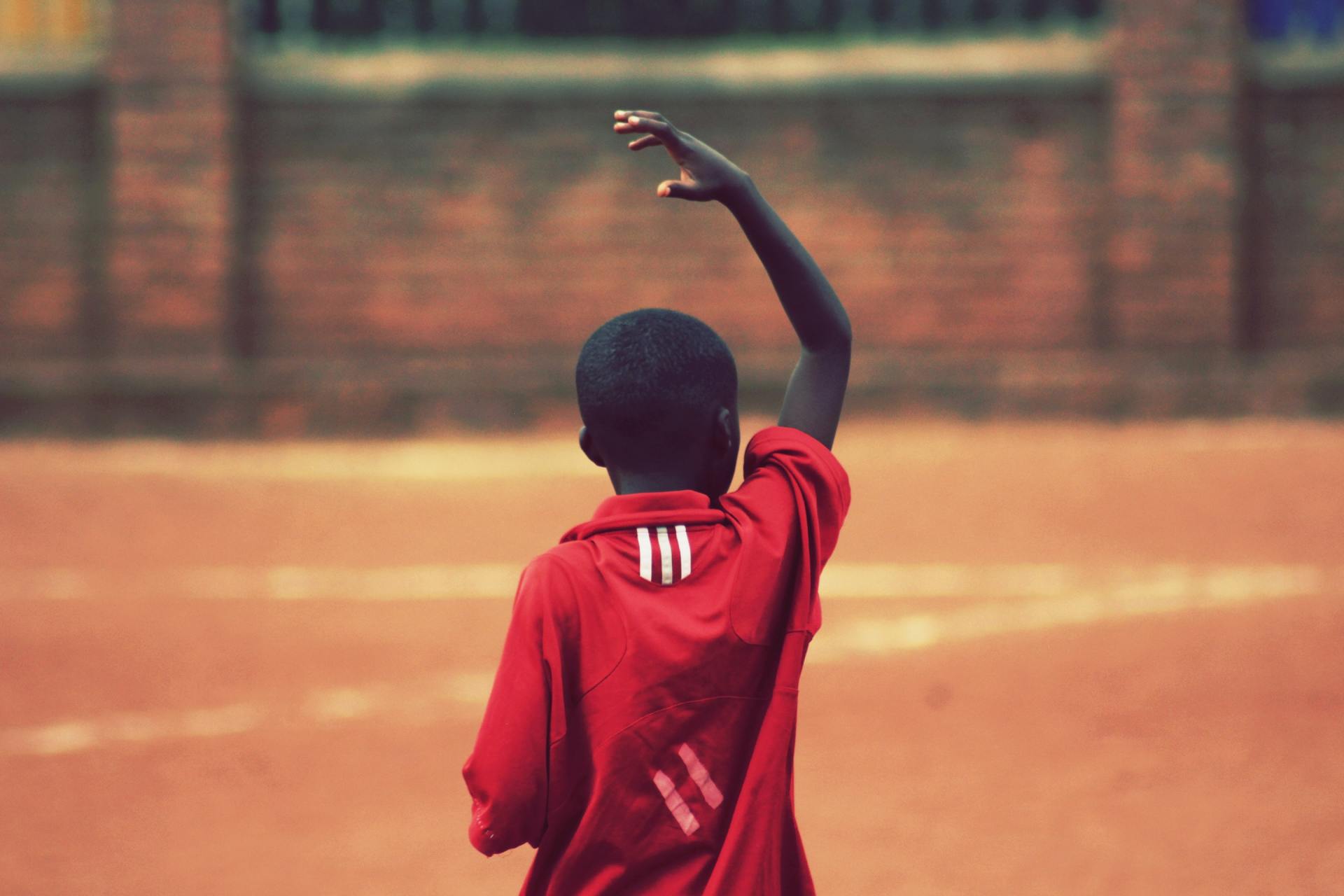Teachers and school leaders are critical in solving the COVID-19 crisis
Take the example of Honorée Dukuzumuremyi, who teaches chemistry in lower secondary at Ecole des Sciences de Musanze, in Musanze district in Rwanda. She says: “My mother was a teacher, but also a role model. This was so inspirational to me as a child. I feel uplifted when my students uplift their knowledge and skills. When I see how students like my lessons, so interested and curious to know more, I feel very excited.” But she is also worried about deepening inequalities because of the COVID-19 crisis: “I try to communicate to some of my students/ parents through WhatsApp and through emails but I can only reach a few. Some of them don’t use WhatsApp or don’t have access to internet. I always ask parents to support their children to continue learning during the COVID-19 crisis. We prepare assignments and upload them on the school website.”
We praise and thank teachers and school leaders for their tireless efforts in support of learners throughout this crisis. Teachers and school leaders are navigating a constantly shifting landscape, with not only their own health, but also the health of learners and the community at large at stake. As schools closed their doors, teachers and school leaders reinvented the way they teach and lead. When schools reopened, teachers and school leaders returned courageously to their classrooms and schools and made the necessary arrangements for health precautions and learning continuity.
Without decisive, bold action, the global learning crisis will only worsen amid the social and economic challenges exacerbated by COVID-19. Addressing challenges to children’s education is urgent, but it’s not too late. Leveraging innovations and tools already at our disposal, as well as the creativity and commitment of teachers and school leaders, there is a massive opportunity to come together and improve the quality of education for millions of children and young people around the world.





